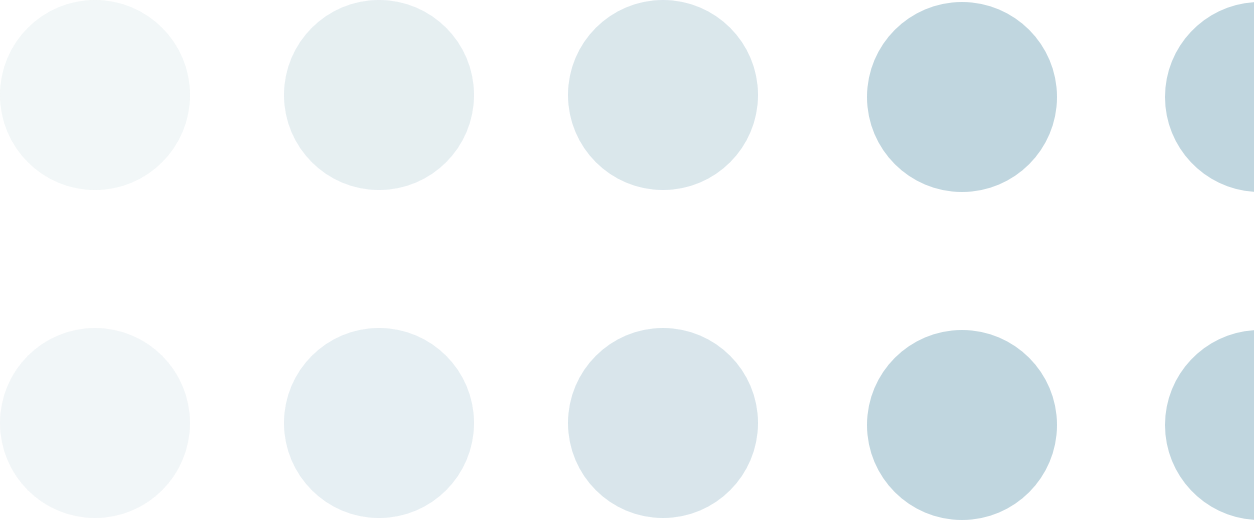December is usually the time of year when we get concerned calls from clients asking why their mutual funds “dropped” on a day where the market was positive. Most often, there is a simple explanation for this phenomenon: the payment of capital gains and/or dividends. Capital gains and dividends that are generated within mutual funds generally must be passed along to the fund’s shareholders, and when they are, the fund’s share price is impacted.
Assume that mutual fund ABC has a share price of $50 per share and pays a one-time, long-term capital gain to shareholders of $1 per share. Mechanically, what happens is that the shareholder receives $1 capital gain for each share they own. But, the $1 capital gain comes out of the fund itself, lowering the $50 share price down to $49 per share, plus or minus any market movement for that day.
Short term, this transaction is a “wash.” Shareholders gain $1 for every share they own, but “lose” $1 per share on the stated price of the shares. So unless the fund would otherwise have been “down” due to market forces, an investor in Fund ABC doesn’t lose anything as a result of the capital gain or dividend. Longer term, many investors choose to reinvest the capital gain or dividend, accumulating more shares of the fund over time. Ideally, an investor could take the $1 per share capital gain, reinvest it in additional shares, and then hope that the shares continue to appreciate in price over time.
Bottom line: Do not be alarmed if (when) you see some share prices drop in the middle part of December. Chances are, it’s the result of these year-end capital gains and dividends (including special dividends) being paid. Usually, if you’re looking at your account online, the share price will drop on Day One but the additional shares (if you’re reinvesting) or additional cash (if the capital gains or dividends are paid to your money market) will not appear until they “settle” a day or two later. It might be helpful to look at your year end statement and compare it to your November statement so that you can see the transactions from one month to the next, after they have had time to settle. And of course, if you still have questions, feel free to give us a call.
Disclaimer: This post is not meant to provide any investment advice, nor is it meant to provide any commentary regarding the potential taxation of capital gains and dividends outside of an IRA.
Carl Beck
December 5, 2014
